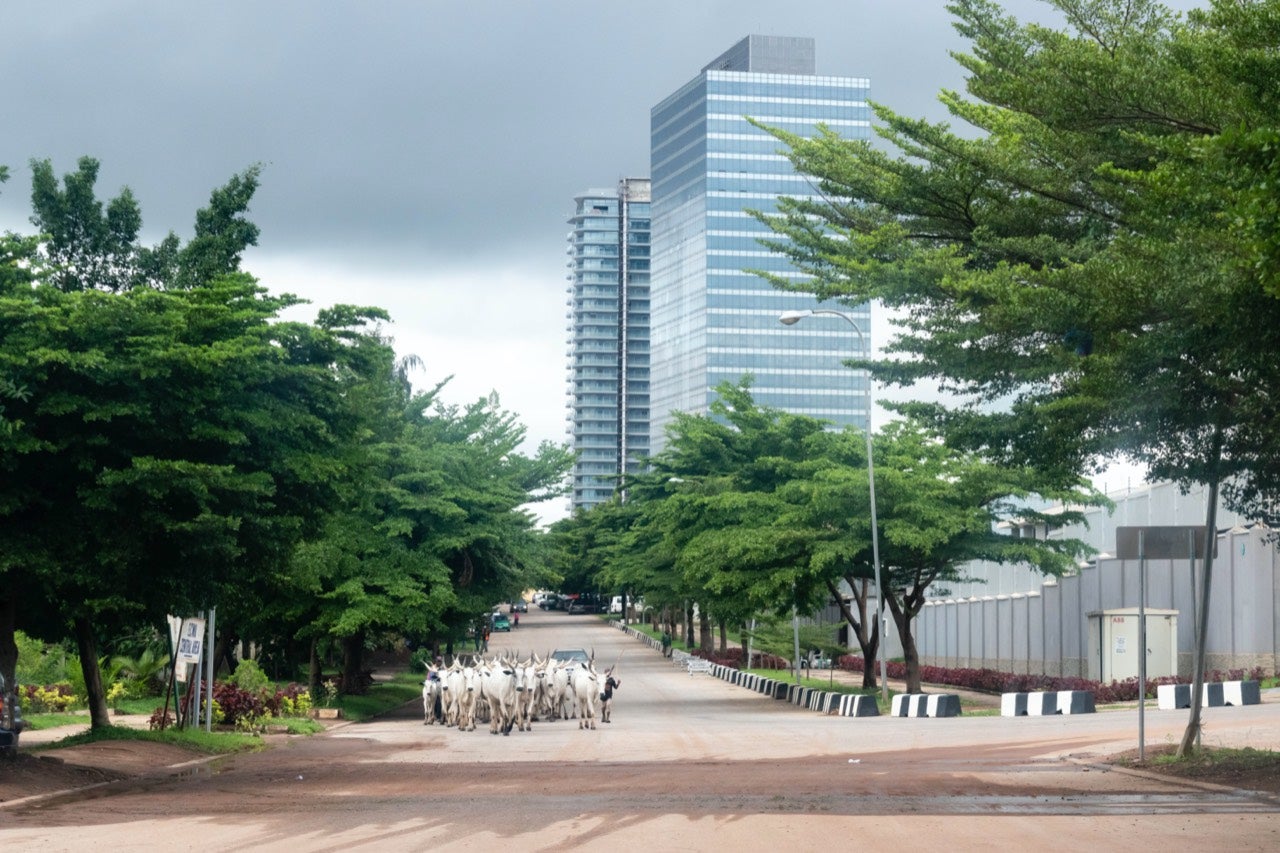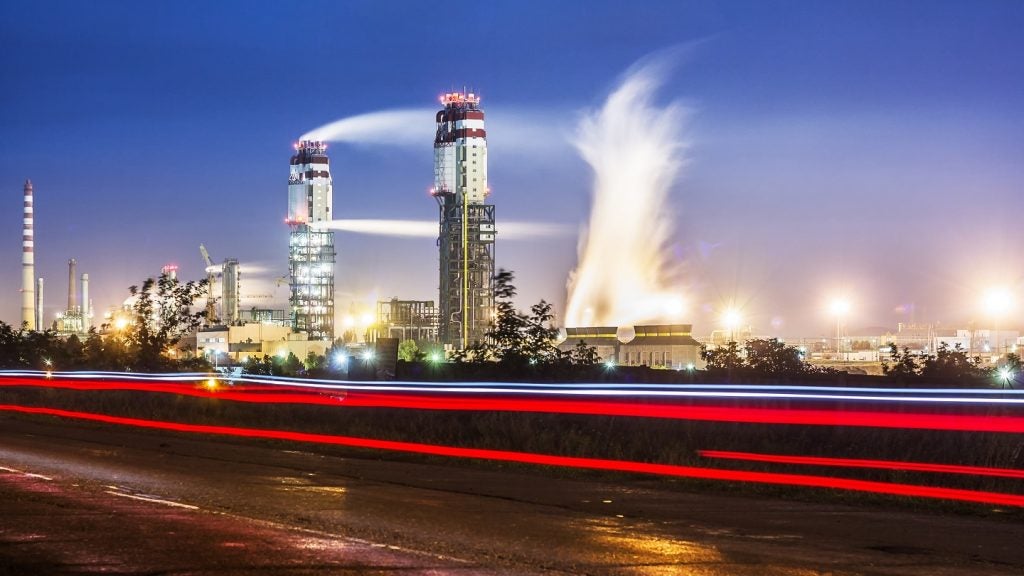
FDI in Nigeria was declining even before the Covid-19 pandemic, and continues to remain weighted towards the oil and gas sector, writes Jon Whiteaker.
Nigeria attracted the third-largest foreign direct investment (FDI) inflows of any African country in 2019, but, as with the continent more broadly, it suffered a sharp yearly decline in inward investment.
Data from the United Nations Conference on Trade and Development (UNCTAD) shows Nigeria received $3.3bn of FDI inflows in 2019, a yearly decline of 48.5%. Only Egypt ($9bn) and the Democratic Republic of the Congo ($3.4bn) received more inward FDI during a year that saw FDI inflows across the whole African continent fall 10.3% to $45.4bn.
Though FDI inflows in Nigeria declined in 2019, FDI stock has grown over the past three years to reach $98.6bn in 2019. The number and value of greenfield investments have been on a similar trajectory, steadily growing from 36 projects worth $4.8bn in 2017 to reach 76 projects worth $10.2bn in 2019.
Dampened global demand for commodities is a major headwind facing Nigeria, a commodity export-based economy. Depressed oil prices and the Covid-19 crisis in 2020 are continuing impediments to inward investment.
Tough economic conditions
Investment diversification is a long-term objective for Nigeria, with a decline in oil and gas investment in 2019 the main reason why inward FDI has almost halved from $6.4bn in 2018. The total value of FDI flows had previously been rising each year since 2015.
How well do you really know your competitors?
Access the most comprehensive Company Profiles on the market, powered by GlobalData. Save hours of research. Gain competitive edge.

Thank you!
Your download email will arrive shortly
Not ready to buy yet? Download a free sample
We are confident about the unique quality of our Company Profiles. However, we want you to make the most beneficial decision for your business, so we offer a free sample that you can download by submitting the below form
By GlobalDataIn 2019, Nigeria increased the government’s share of profits from oil activities conducted under production-sharing contracts, which may act as a further deterrent to investment in this sector.
A new $600m integrated steel plant in Kaduna State, which is due to be completed in December, has been hailed as the largest ever non-oil-related foreign investment in Nigeria, and is a positive sign for economic diversification.
Wider economic conditions are likely to limit FDI into Nigeria, however. UNCTAD expects the downward revisions on earnings for multinational enterprises (MNEs) in 2020 to have a tangible impact on investment flows into Africa. Reinvested earnings of MNEs account for 26% of FDI in Nigeria.
Promoting investment
The Nigerian Investment Promotion Commission (NIPC) recorded 92 investment project announcements in 2018, with a value of $90.9bn. 33% of this value is accounted for by domestic rather than foreign investors.
Total investment in 2018 was well spread across the country, according to NIPC, whereas foreign investment was predominately focused in the Federal Capital Territory (FCT), which includes capital city Abuja. FCT accounted for 21% of the total value of investment projects in Nigeria, but 49.1% of all foreign capital inflows.
A number of reforms have been introduced in recent years to improve the ease of doing business in Nigeria. These measures include simplifying the process for starting a business, reducing the cost of construction permits and launching an e-payment system for import and export fees in the cities of both Kano and Lagos.
NIPC, which was established in 1995 to promote and support inward investment, acknowledges political instability, weak security and corruption continue to be concerns for potential investors into Nigeria. While the country rose 15 places in the World Bank’s ‘Doing Business 2020’ report, it still only ranked 131st out of 190 countries globally.
So, while progress has been made, NIPC still has much work to do to attract a greater volume and greater variety of investment into Nigeria.






